What’s Good for the Heart Is Good for the Brain!
Published: February 5, 2020
February is American Heart Month, a great time to think about heart health and to take steps for a healthier heart. If cardiac wellness isn’t motivation enough, consider this: a healthy heart is good for our brains, and things we do to take care of our hearts also do our brains a lot of good!
Studies show Americans worry a lot about the risk of developing Alzheimer’s disease or other memory loss. They might do brain games or take so-called brain health supplements in hopes of protecting their brain from dementia. But the fact is, protecting our heart is one of the best things we can do for our brain!
We’ve learned so much about brain health during the past decade. We know more about things we can do to lower the risk of Alzheimer’s, stroke and other conditions that threaten cognitive well-being. Positive lifestyle choices we can make include good nutrition, maintaining a healthy weight, controlling cholesterol and blood pressure, quitting smoking, getting enough sleep, reducing stress, protecting ourselves from a head injury, and taking part in mentally stimulating activities.
And at the very top of that list is to stay physically active. For years we’ve known about the important benefits of exercise for our hearts and lungs. And research continues to confirm that what benefits the heart and lungs also benefits the brain.
Experts from the University of Illinois added to our understanding of the complicated relationship between having a healthy heart and lungs and a healthy brain. The team, headed by researcher Michelle Voss, compared the brain health and cardiorespiratory health of a group of young and older people.
The researchers used brain imagery (fMRI) to measure the strength of connections between different parts of the brain. Cardiorespiratory fitness was determined by how efficiently a person’s body used oxygen during physical activity. The team found, as you might expect, that the brain connections were stronger in younger people. But they also showed that older people who were physically fit also had stronger brain connections.
There’s some good news if you haven’t been a lifelong gym rat, or if you are living with health challenges that limit the amount and type of exercise you get.
According to Voss, who has now moved on to a position as an assistant professor in the Department of Psychological and Brain Sciences at the University of Iowa, “An encouraging pattern in the data from our study and others is that the benefits of fitness seem to occur within the low-to-moderate range of endurance, suggesting that the benefits of fitness for the brain may not depend on being extremely fit.”
Since her move to Iowa, Voss has continued to research the benefits of even small amounts of exercise. In a study from last year, she noted, “In terms of behavioral change and cognitive benefits from physical activity, you can say, ‘I’m just going to be active today. I’ll get a benefit.’ So, you don’t need to think of it like you’re going to train for a marathon to get some sort of optimal peak of performance. You just could work at it day by day to gain those benefits.”
Almost everyone can take part in an exercise program, no matter what their physical and cognitive condition. A good brain-protective exercise program includes aerobic, muscle-strengthening, flexibility and balance training activities.
Talk to your healthcare provider about an exercise program that’s right for you. Lace up your sneakers and build up your heart … and your brain!
Source: IlluminAge


